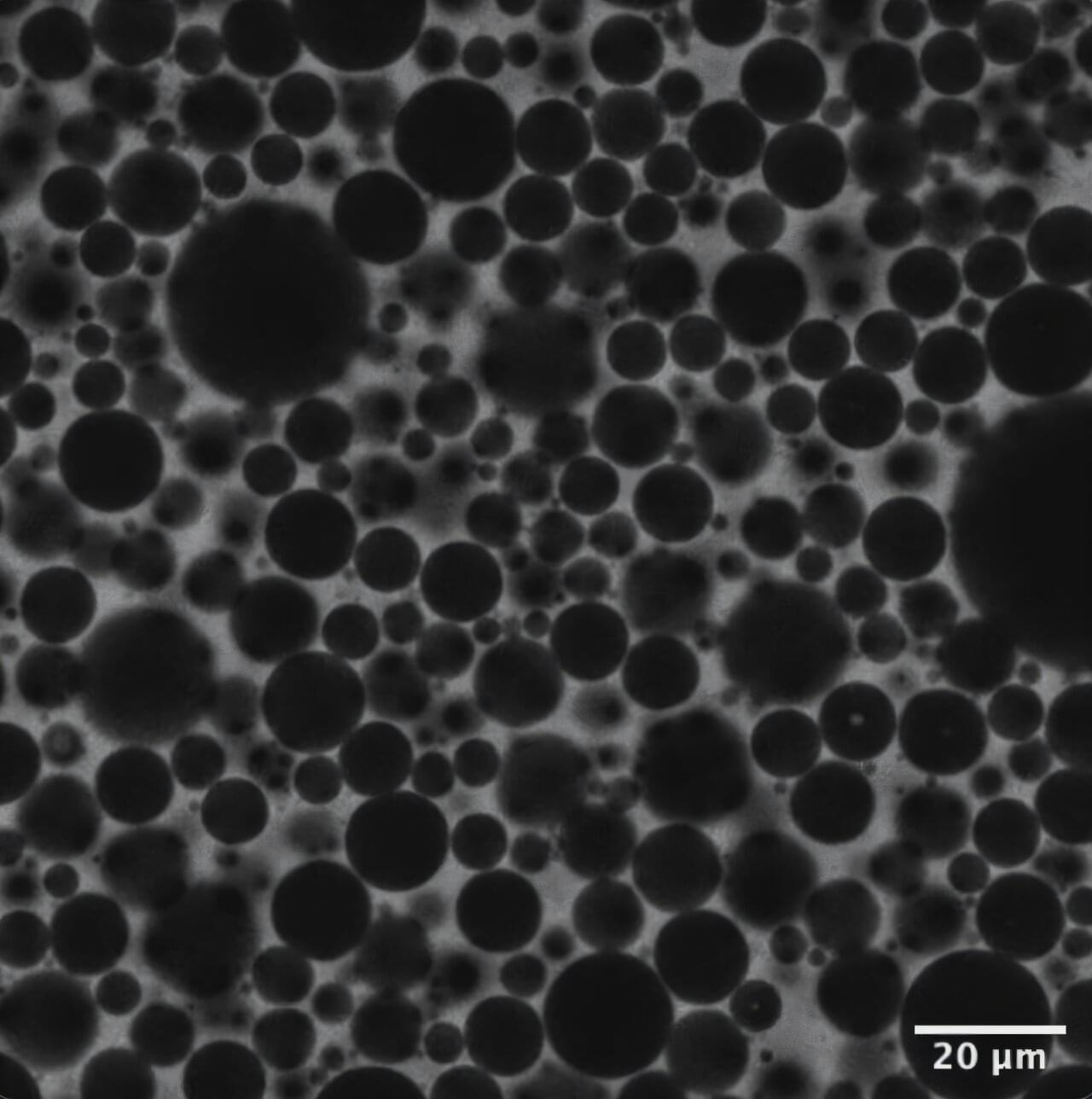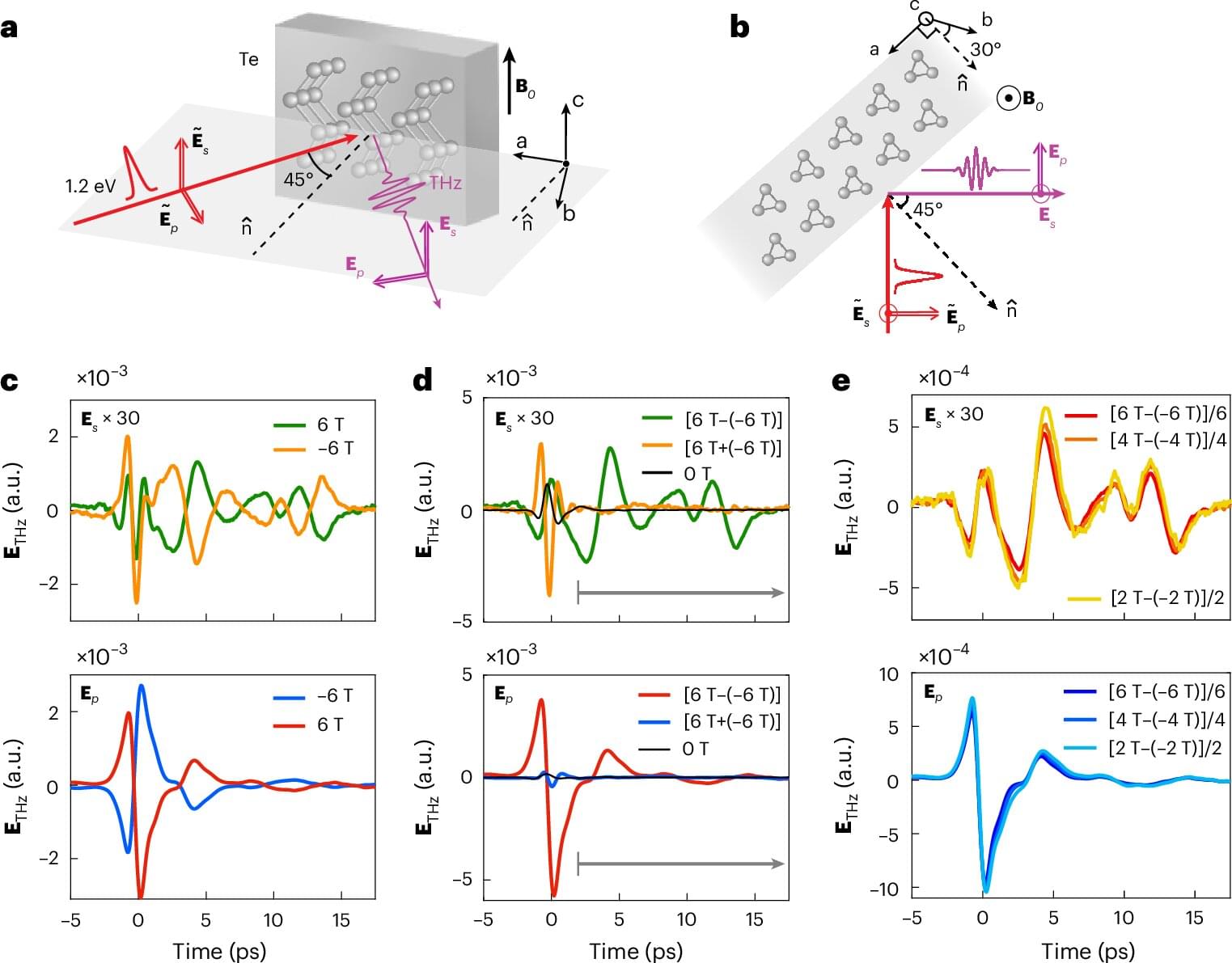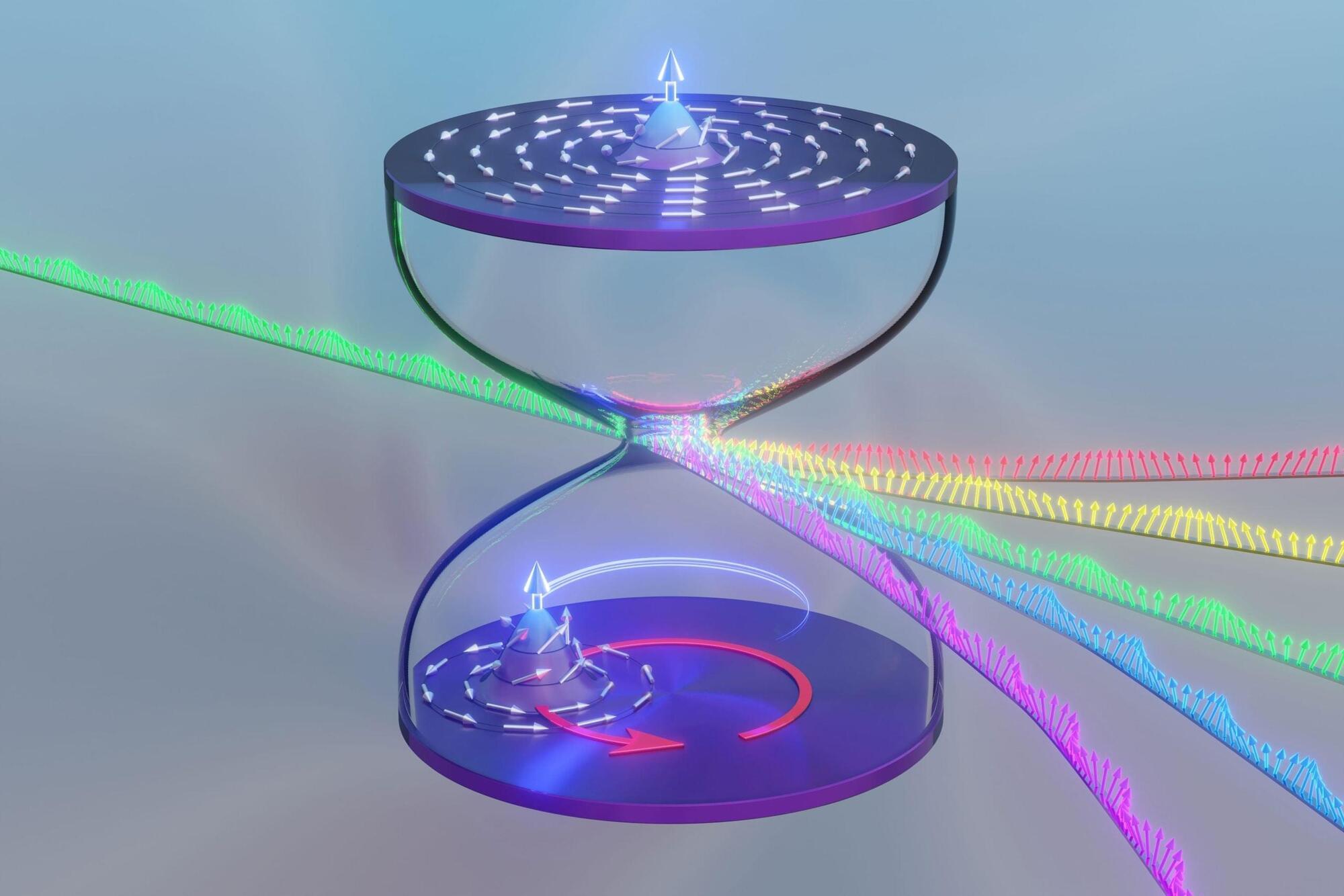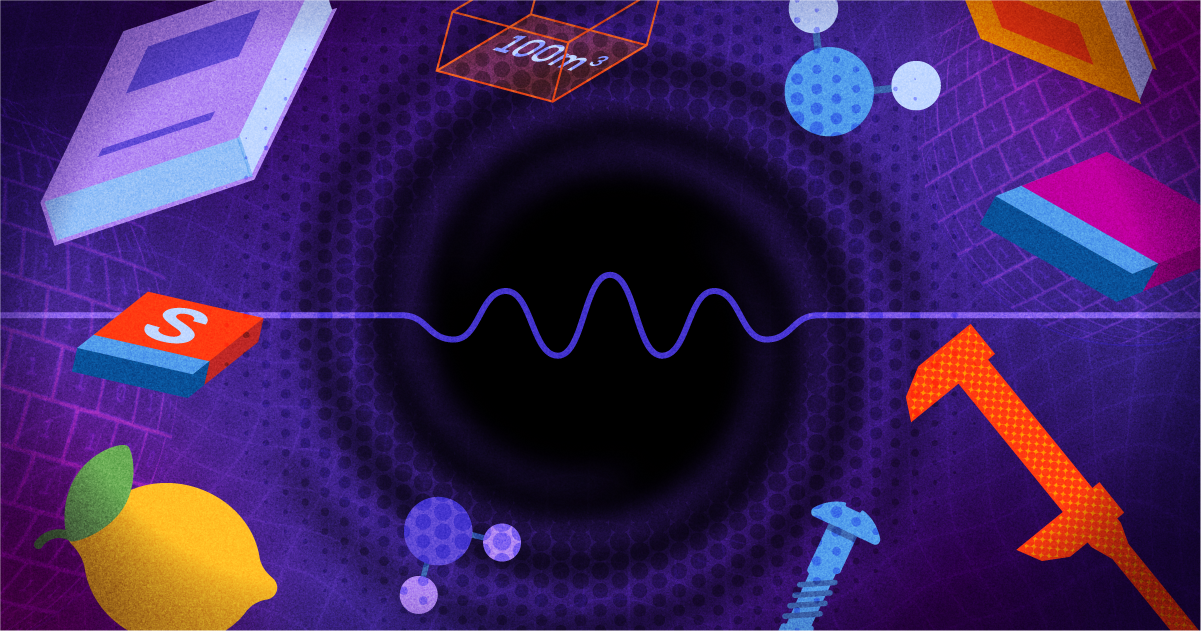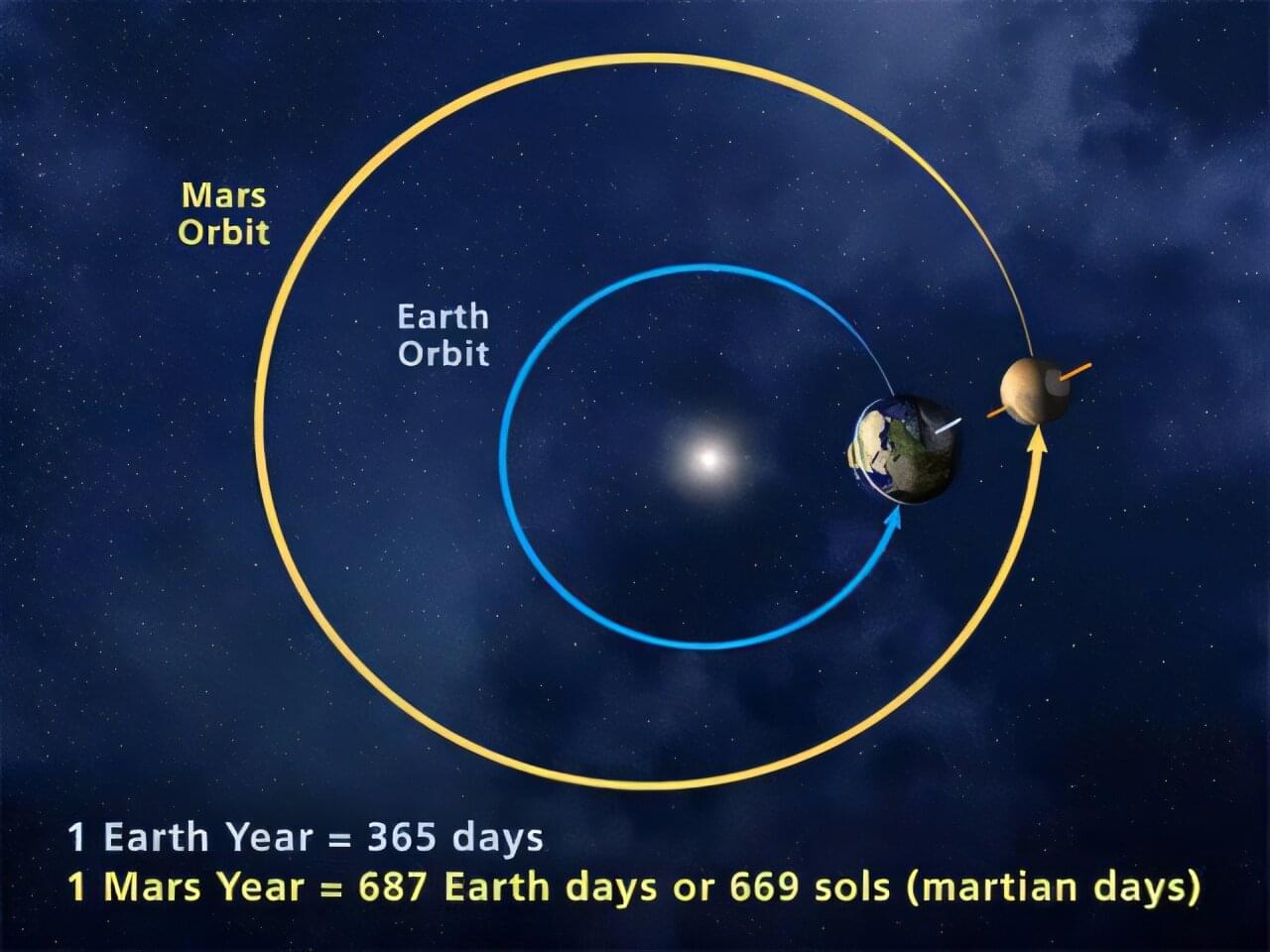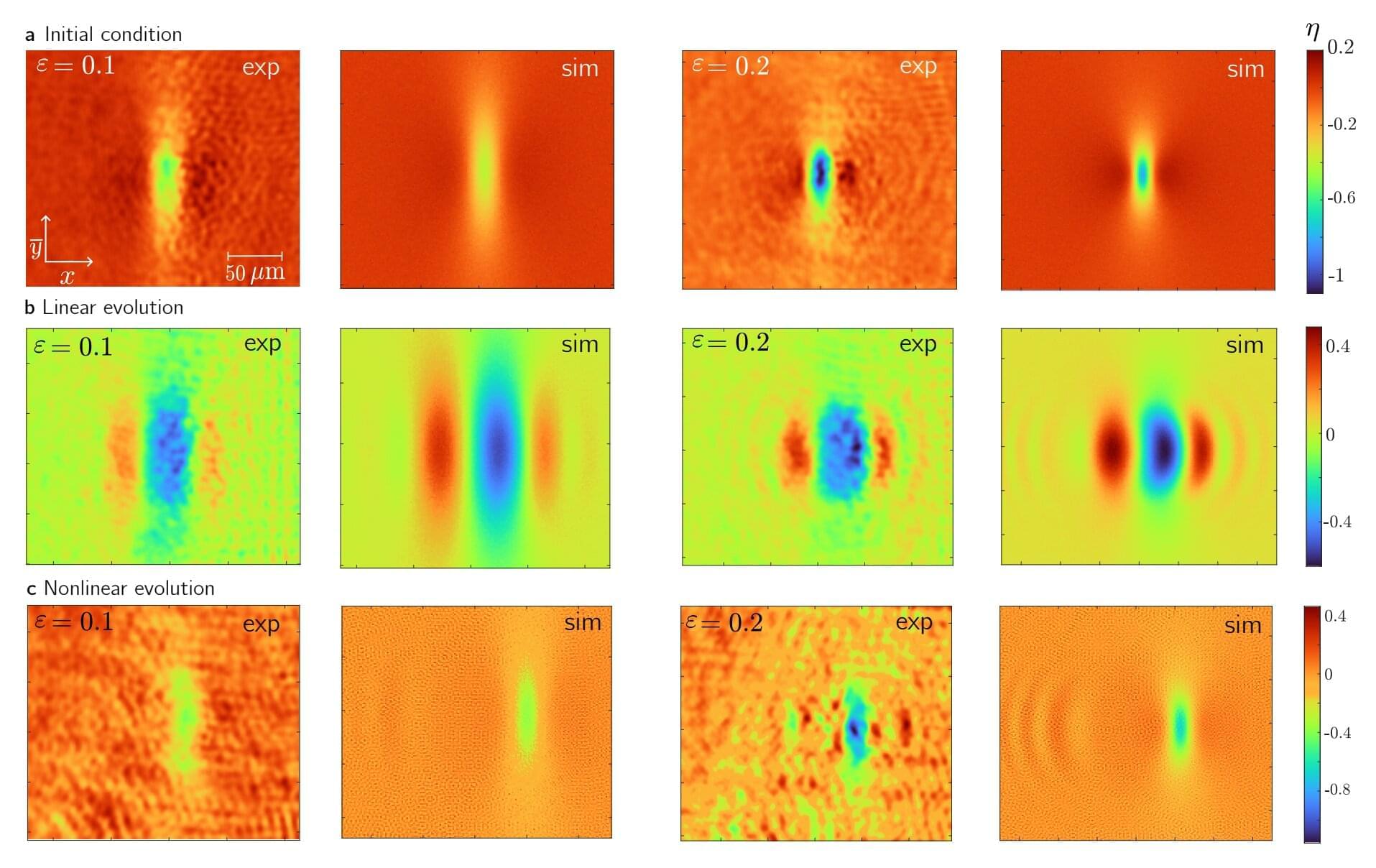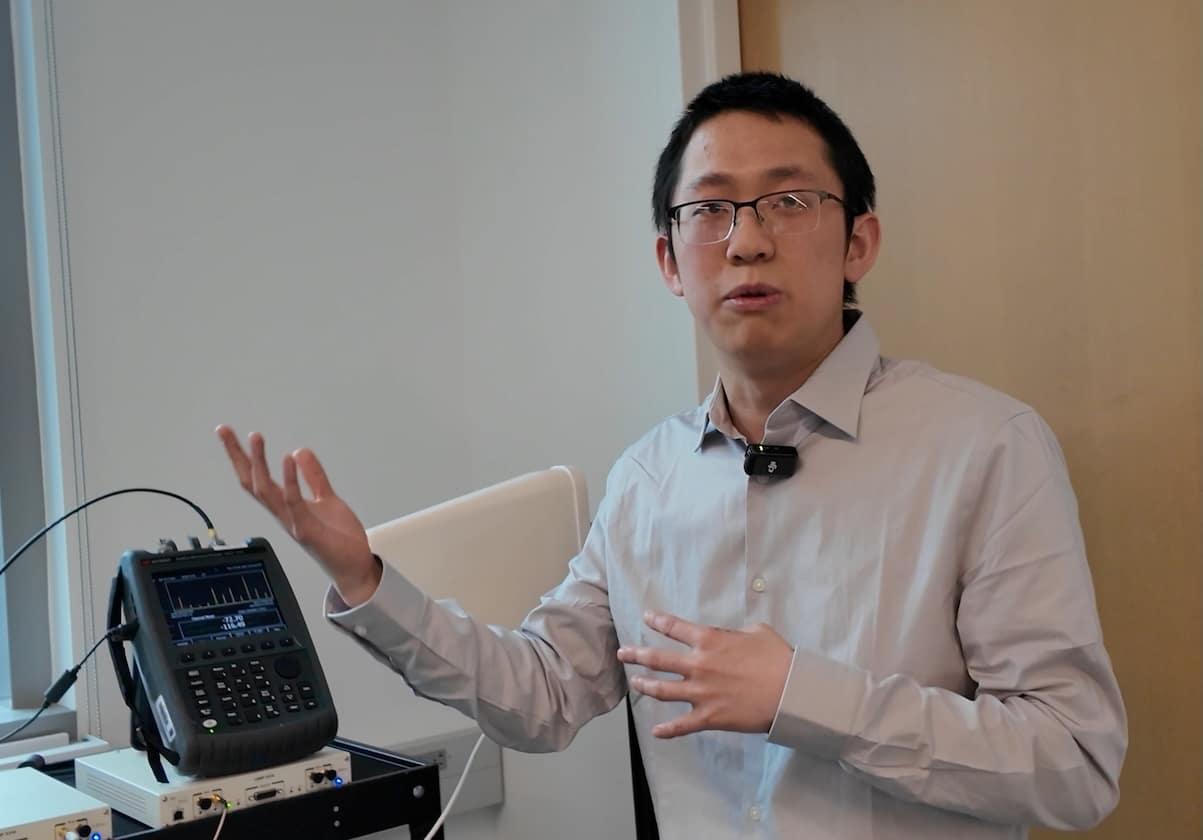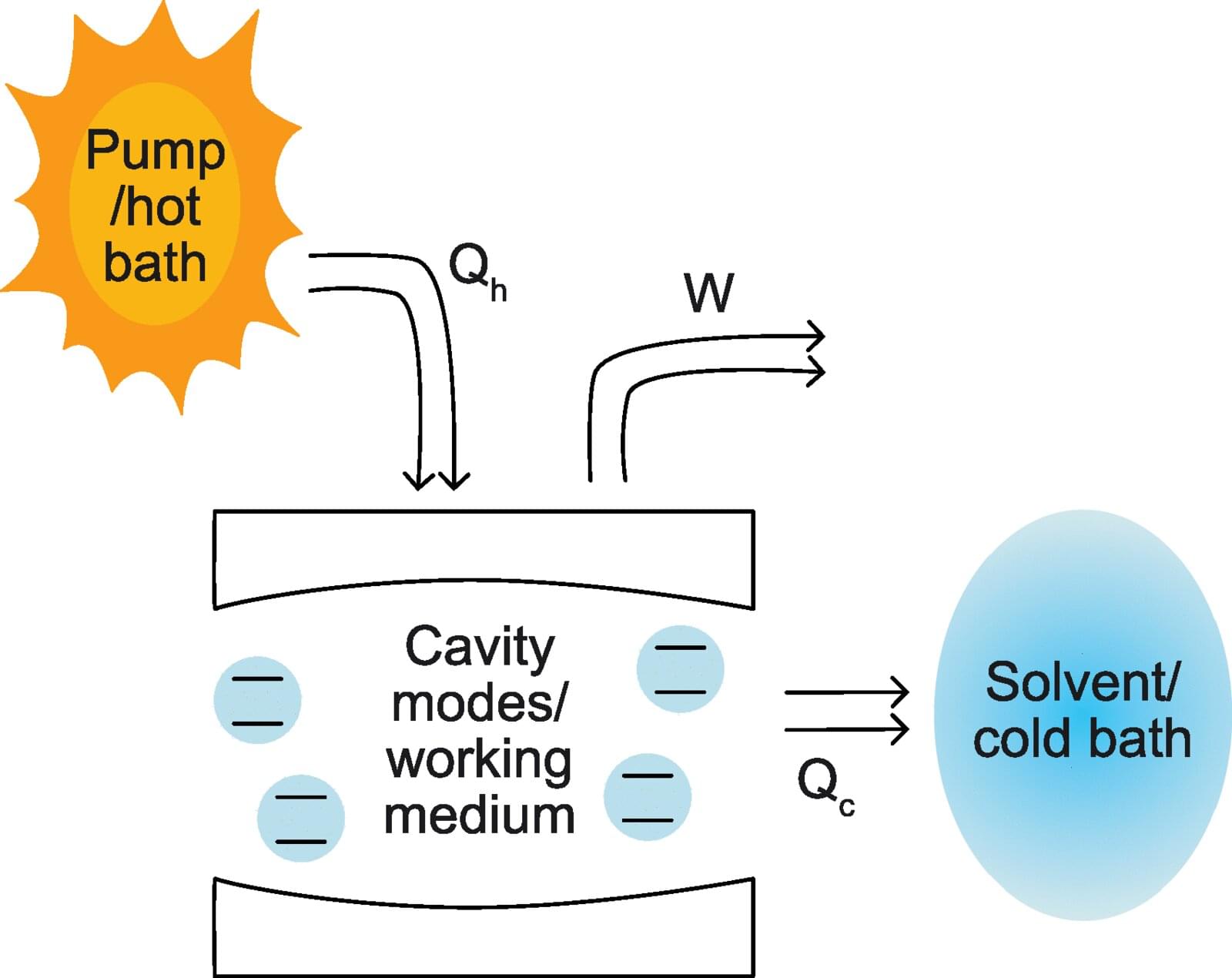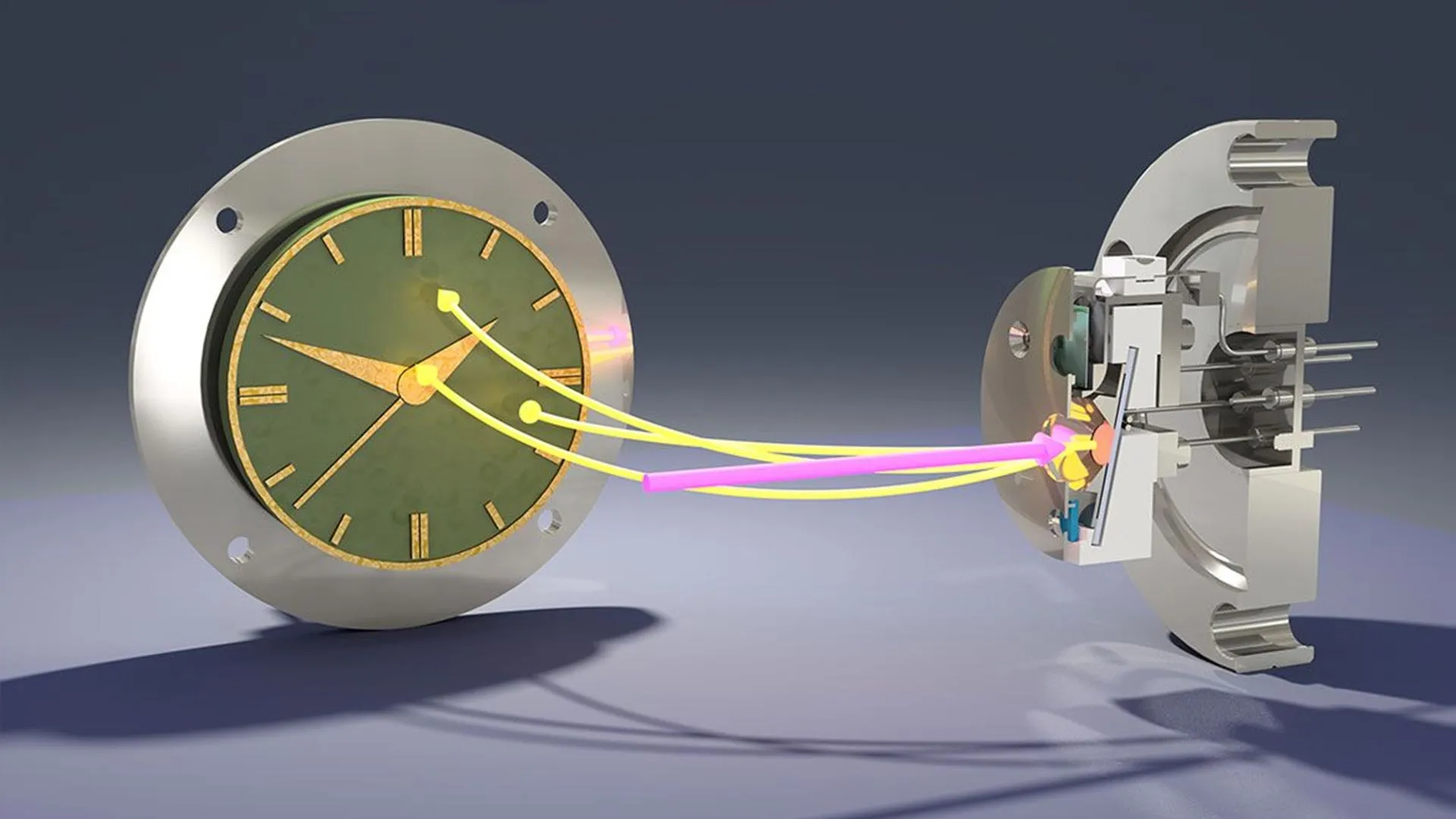Foams are everywhere: soap suds, shaving cream, whipped toppings and food emulsions like mayonnaise. For decades, scientists believed that foams behave like glass, their microscopic components trapped in static, disordered configurations.
Now, engineers at the University of Pennsylvania have found that foams actually flow ceaselessly inside while holding their external shape. More strangely, from a mathematical perspective, this internal motion resembles the process of deep learning, the method typically used to train modern AI systems.
The discovery could hint that learning, in a broad mathematical sense, may be a common organizing principle across physical, biological and computational systems, and provide a conceptual foundation for future efforts to design adaptive materials. The insight could also shed new light on biological structures that continuously rearrange themselves, like the scaffolding in living cells.
